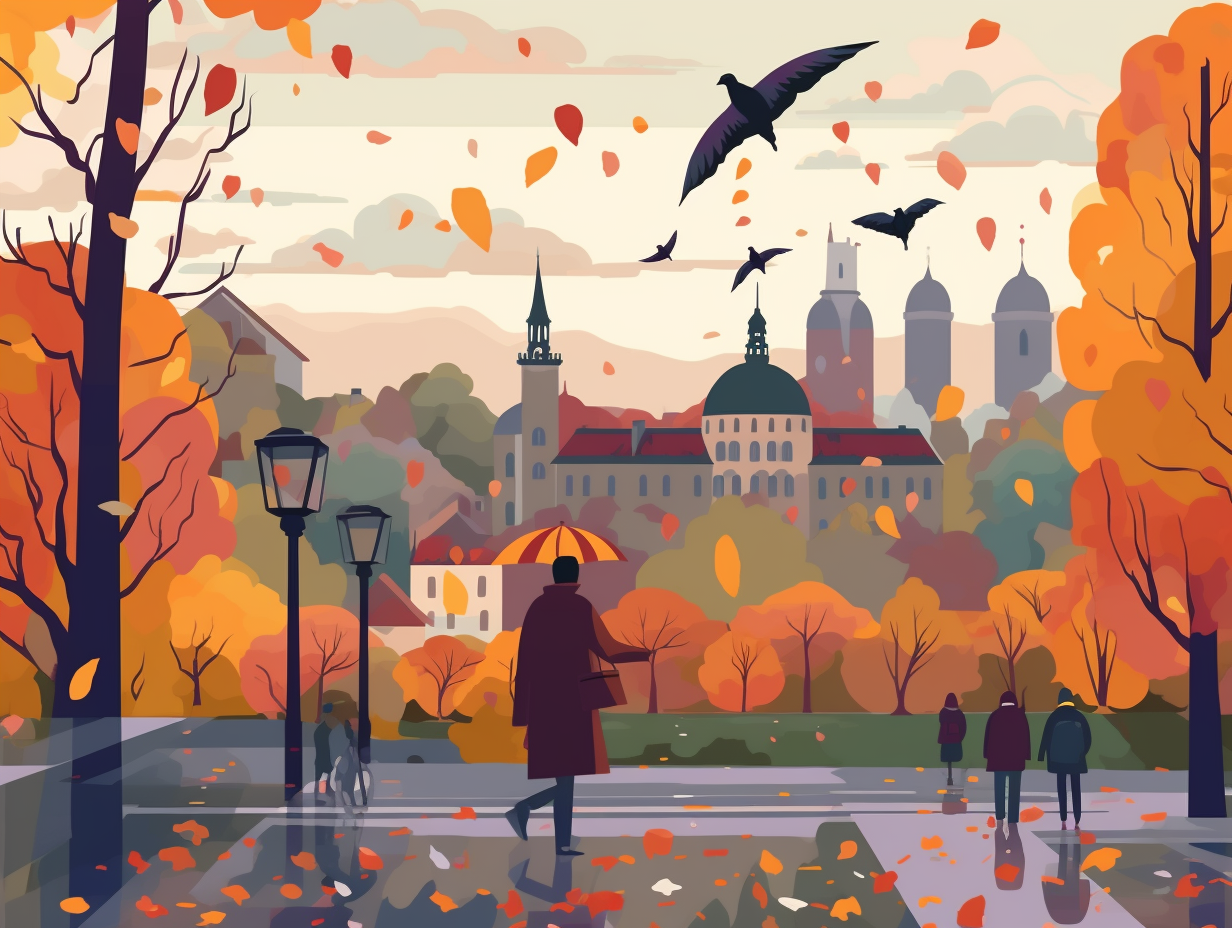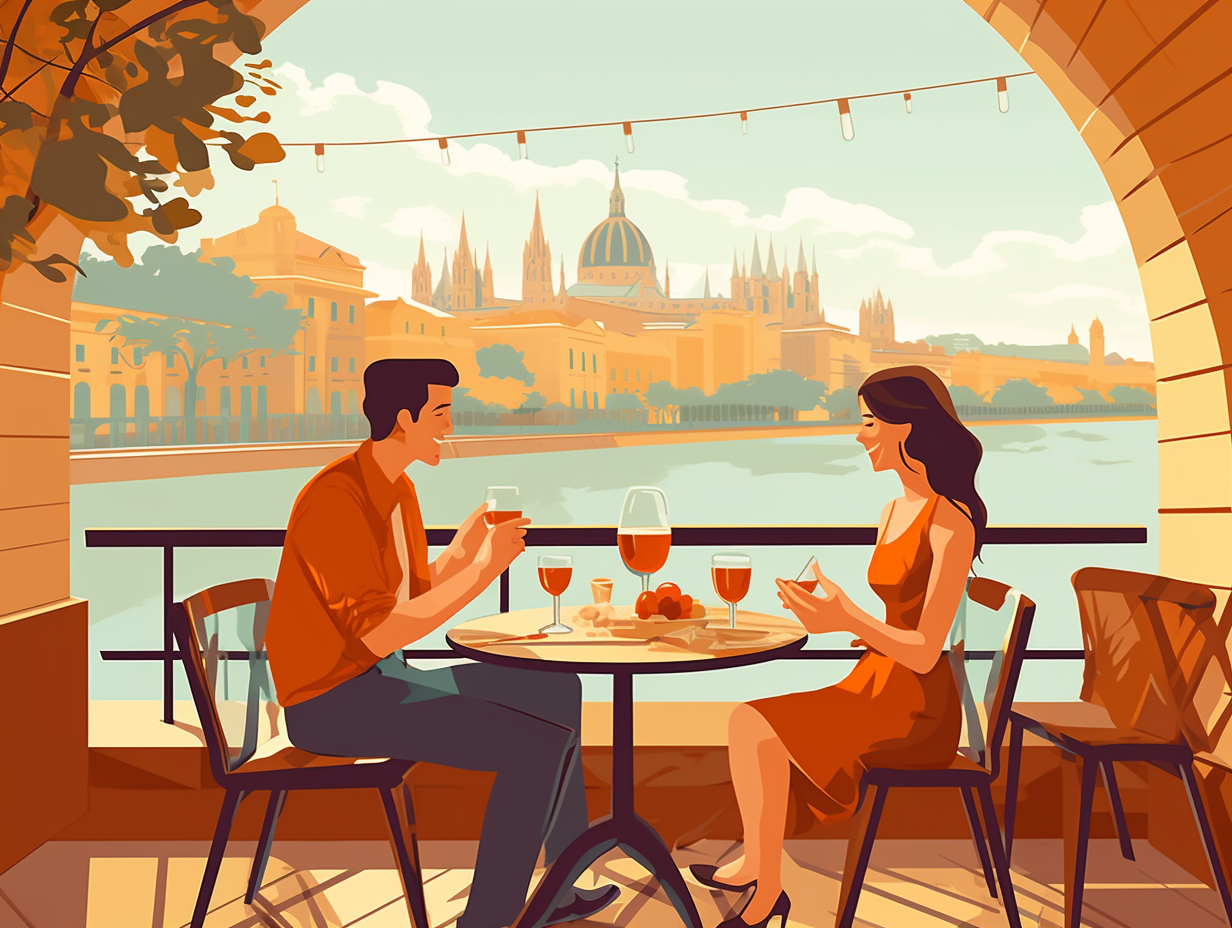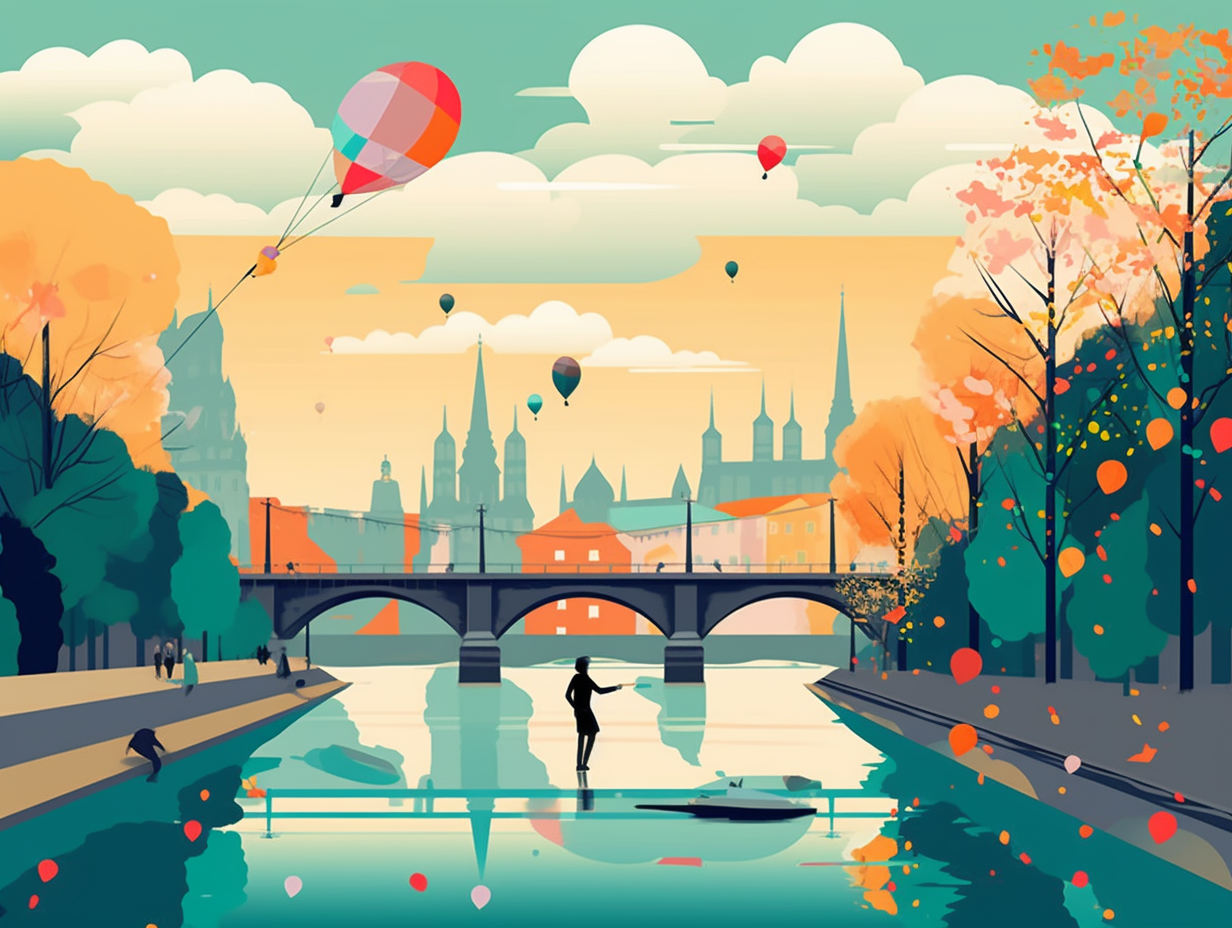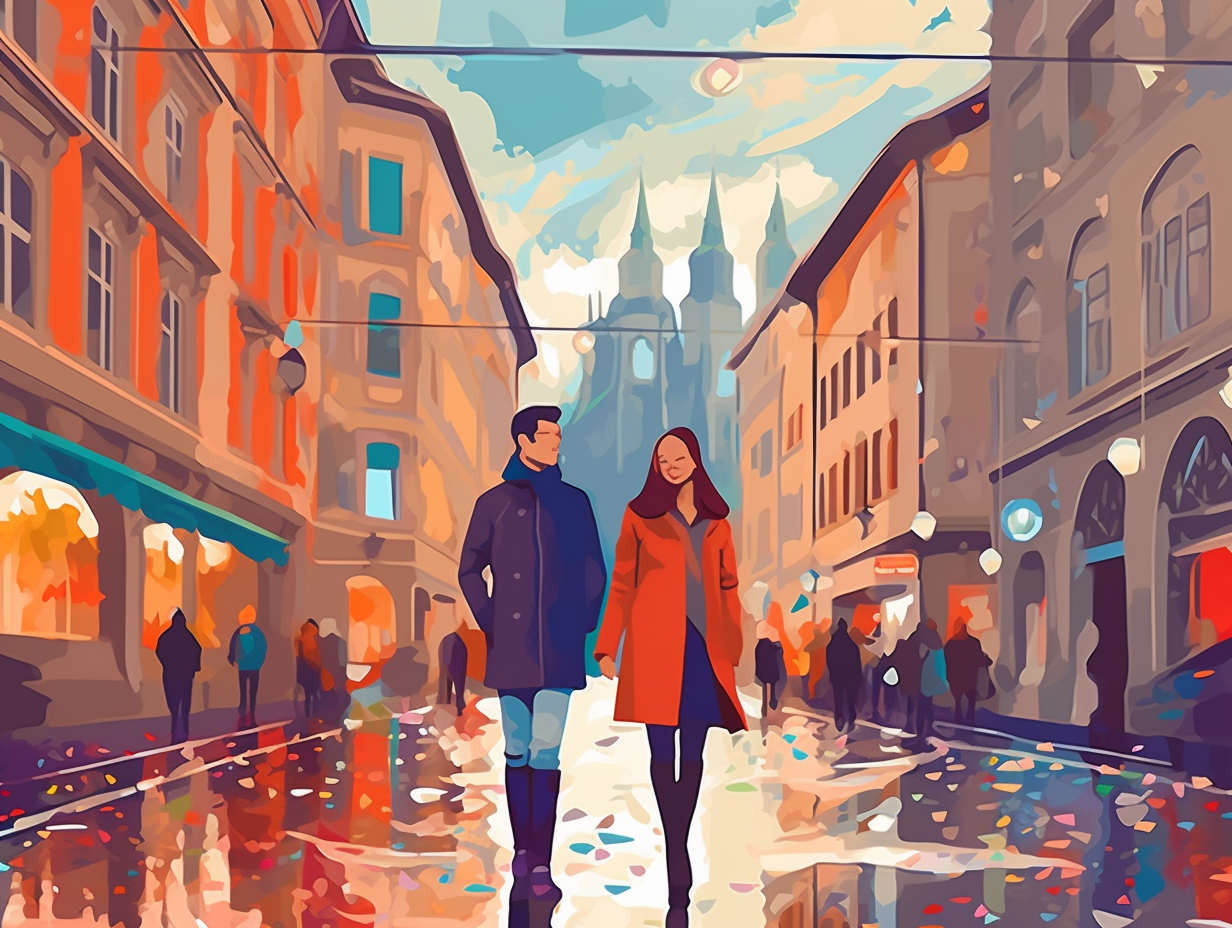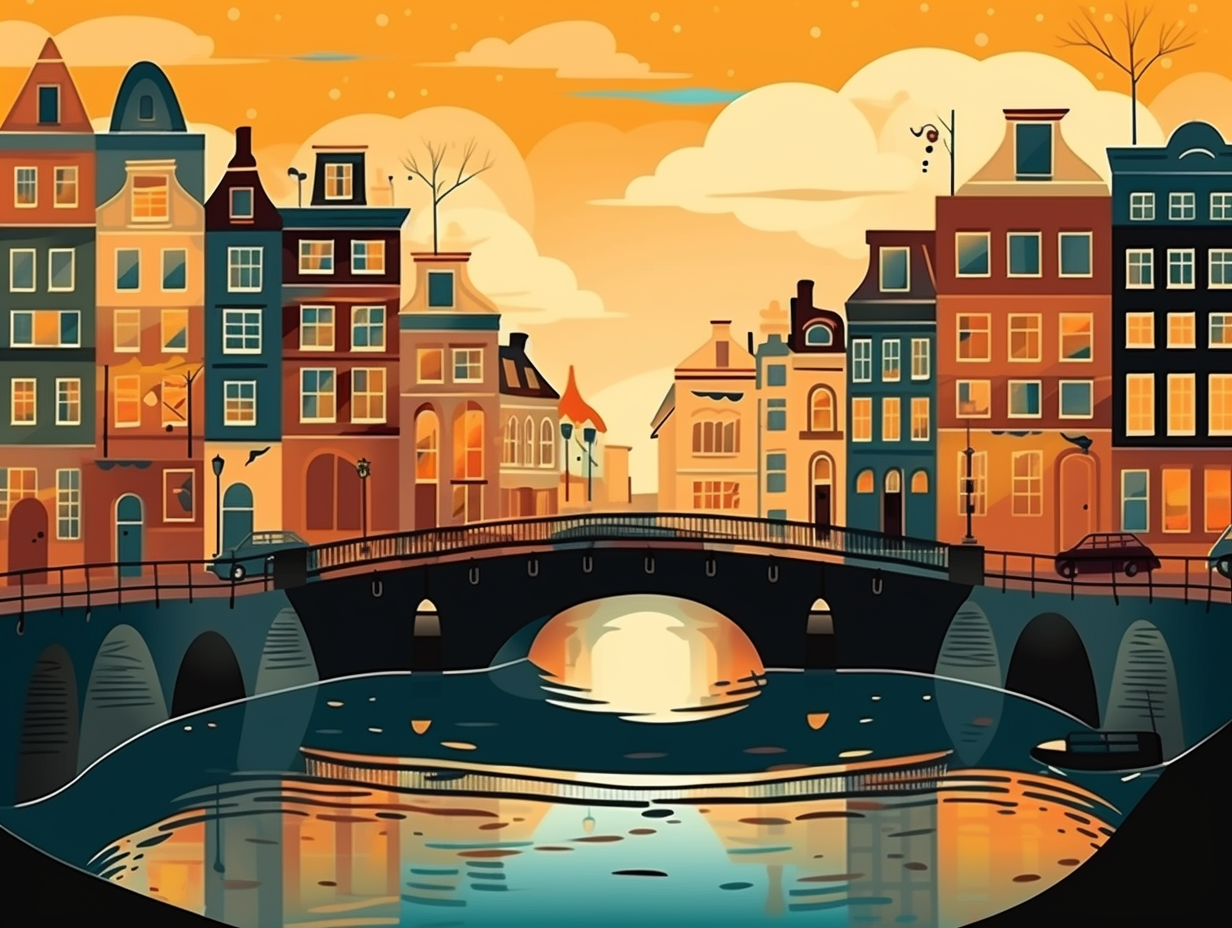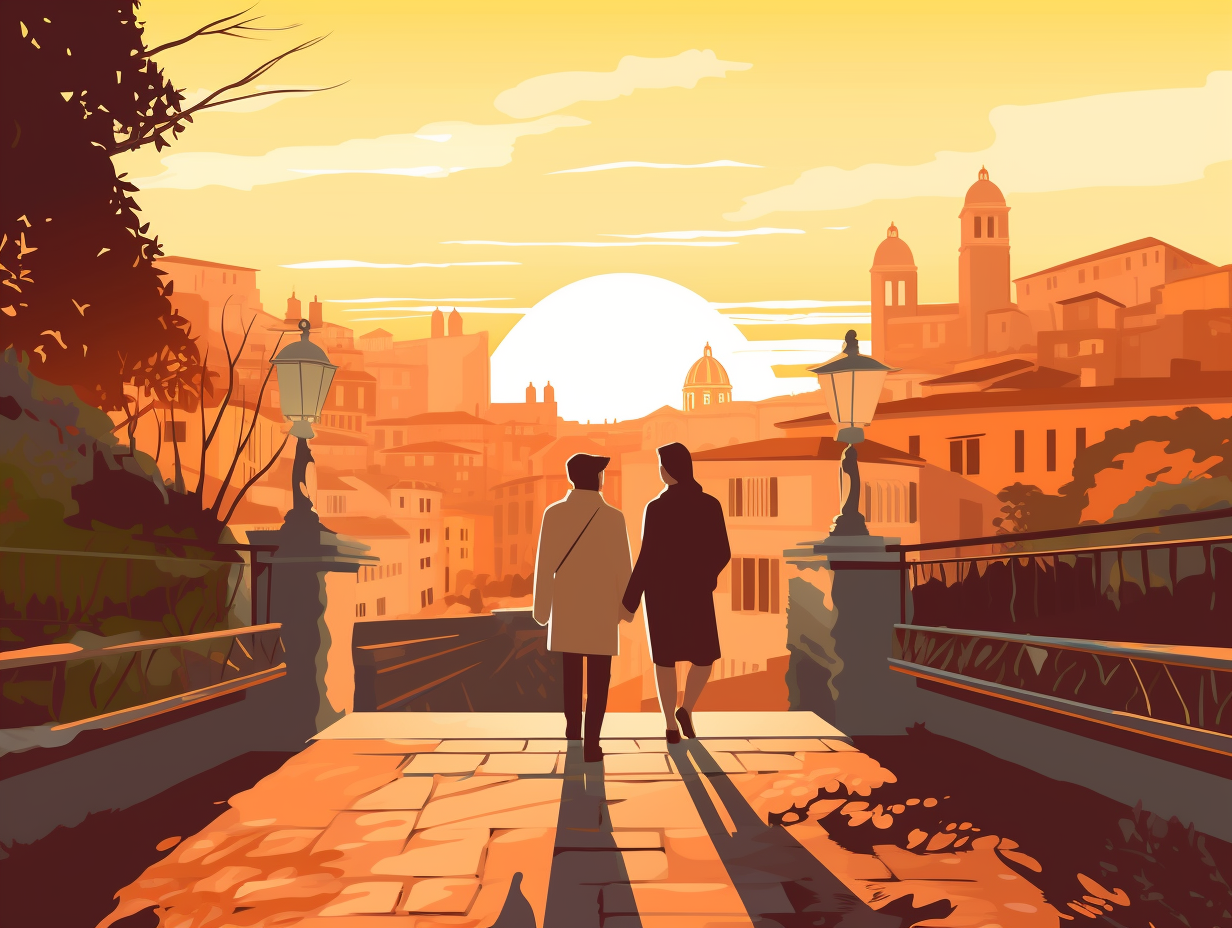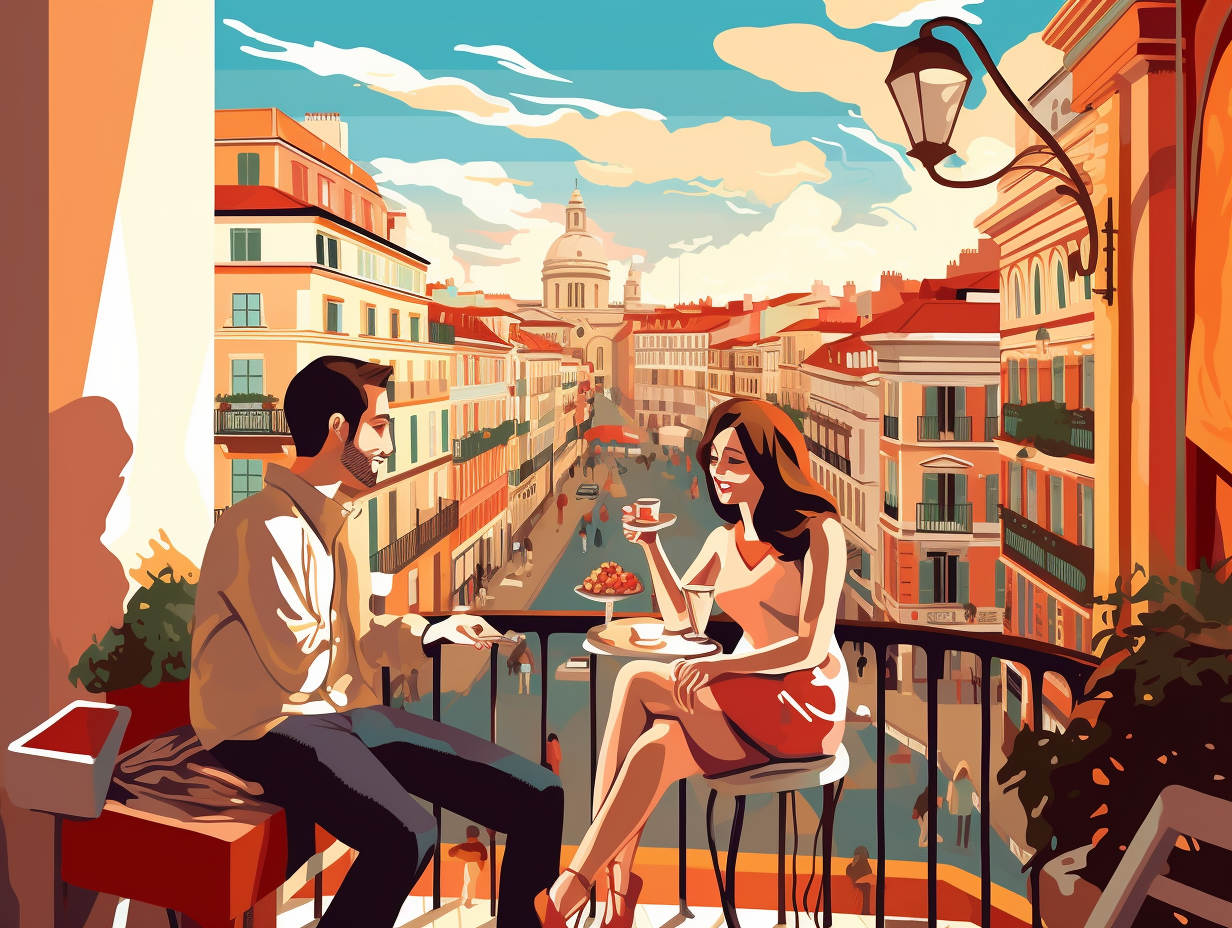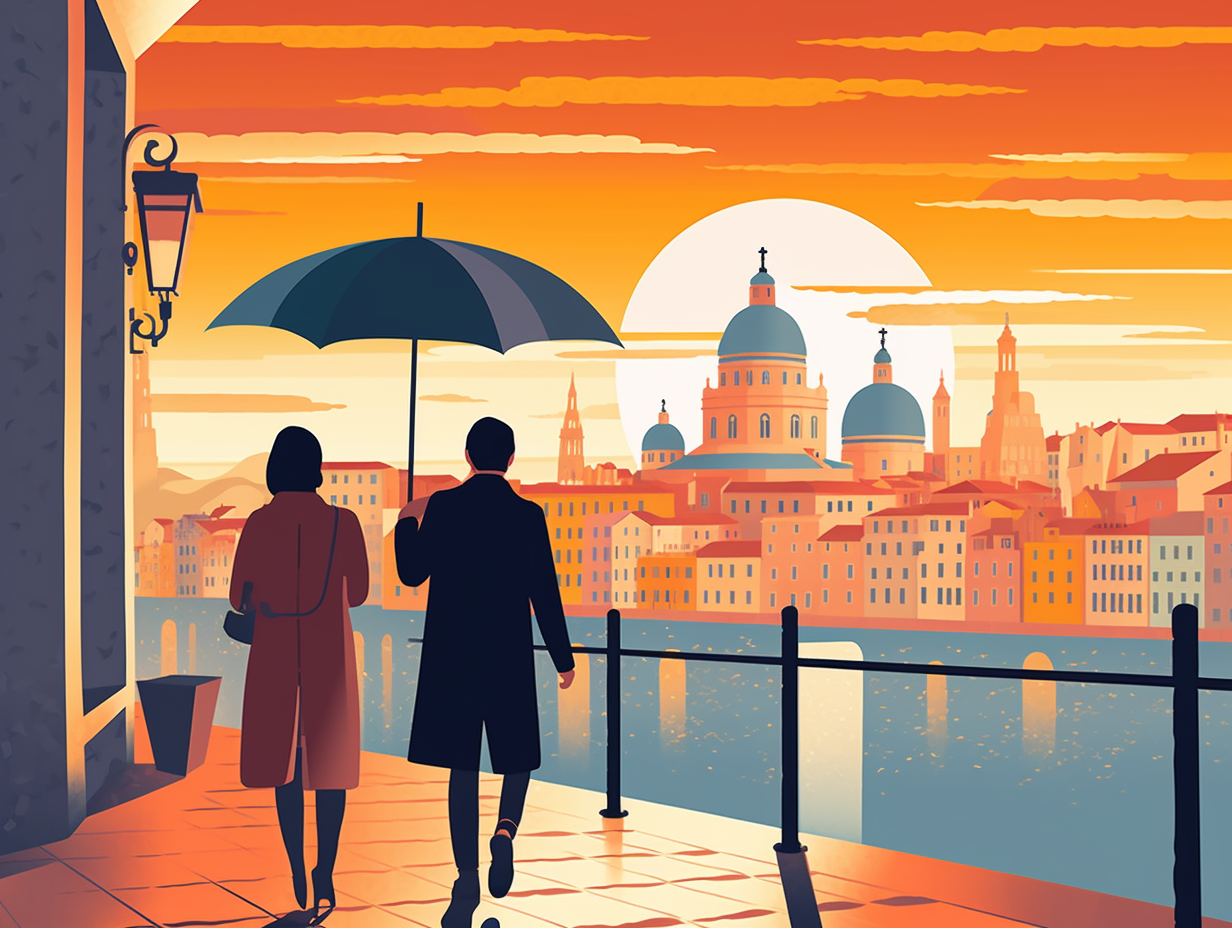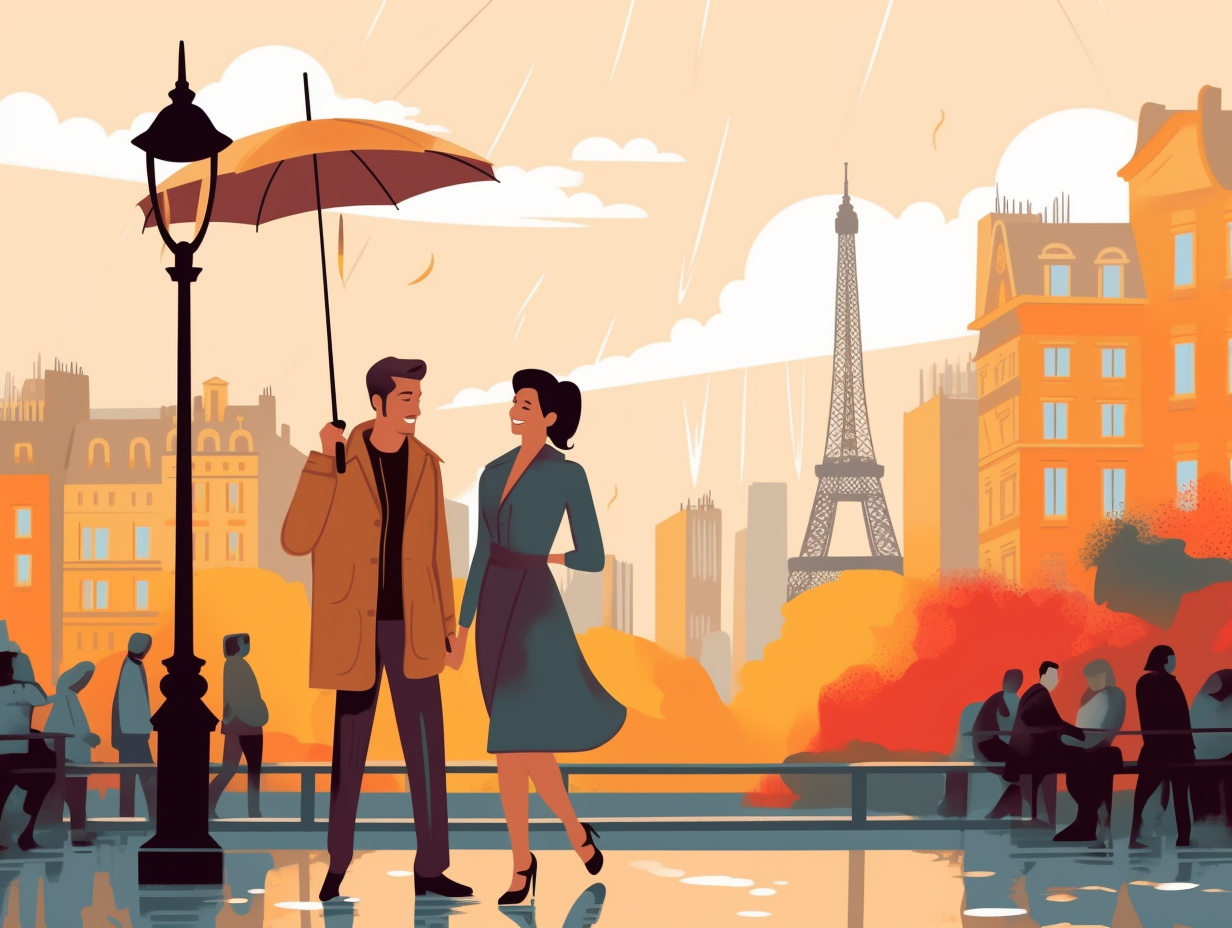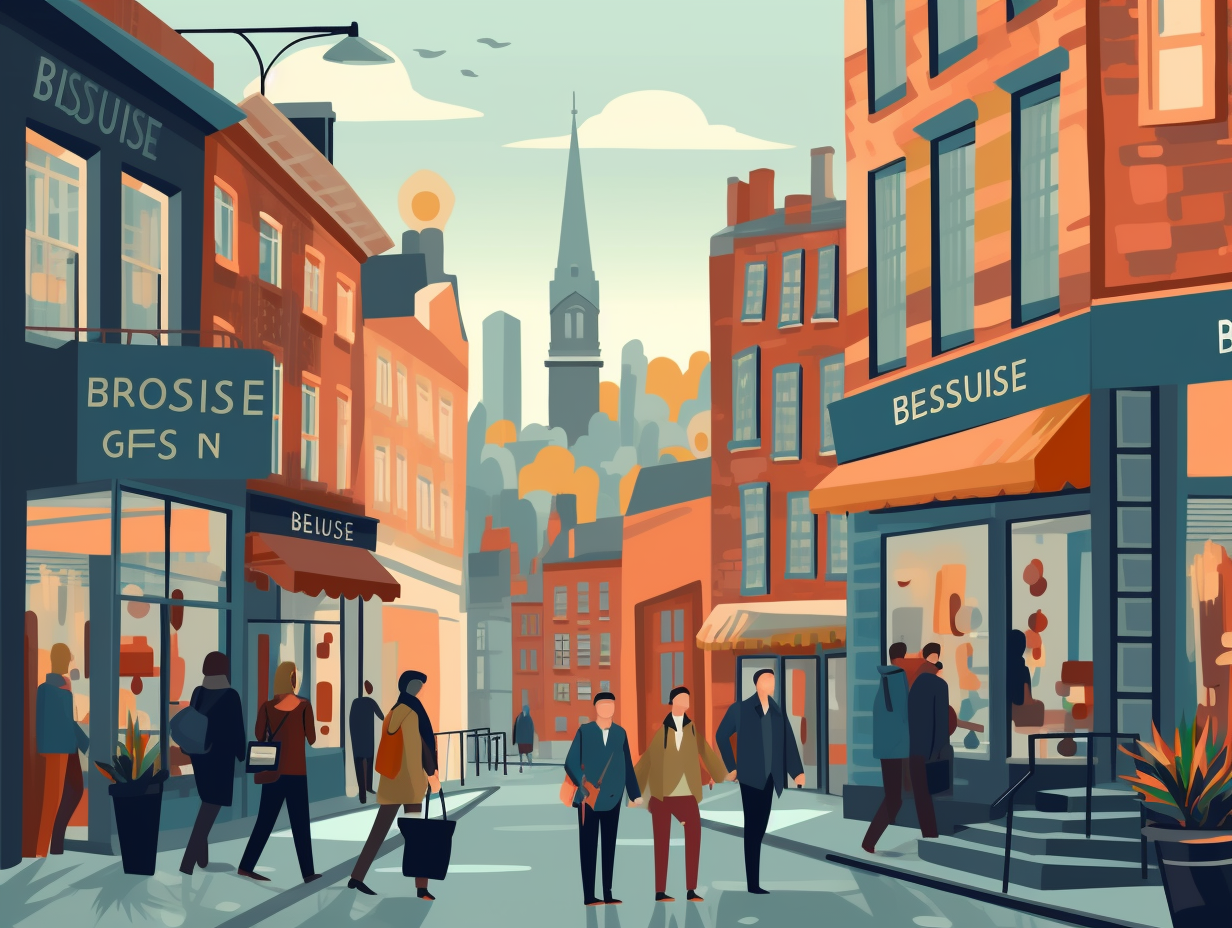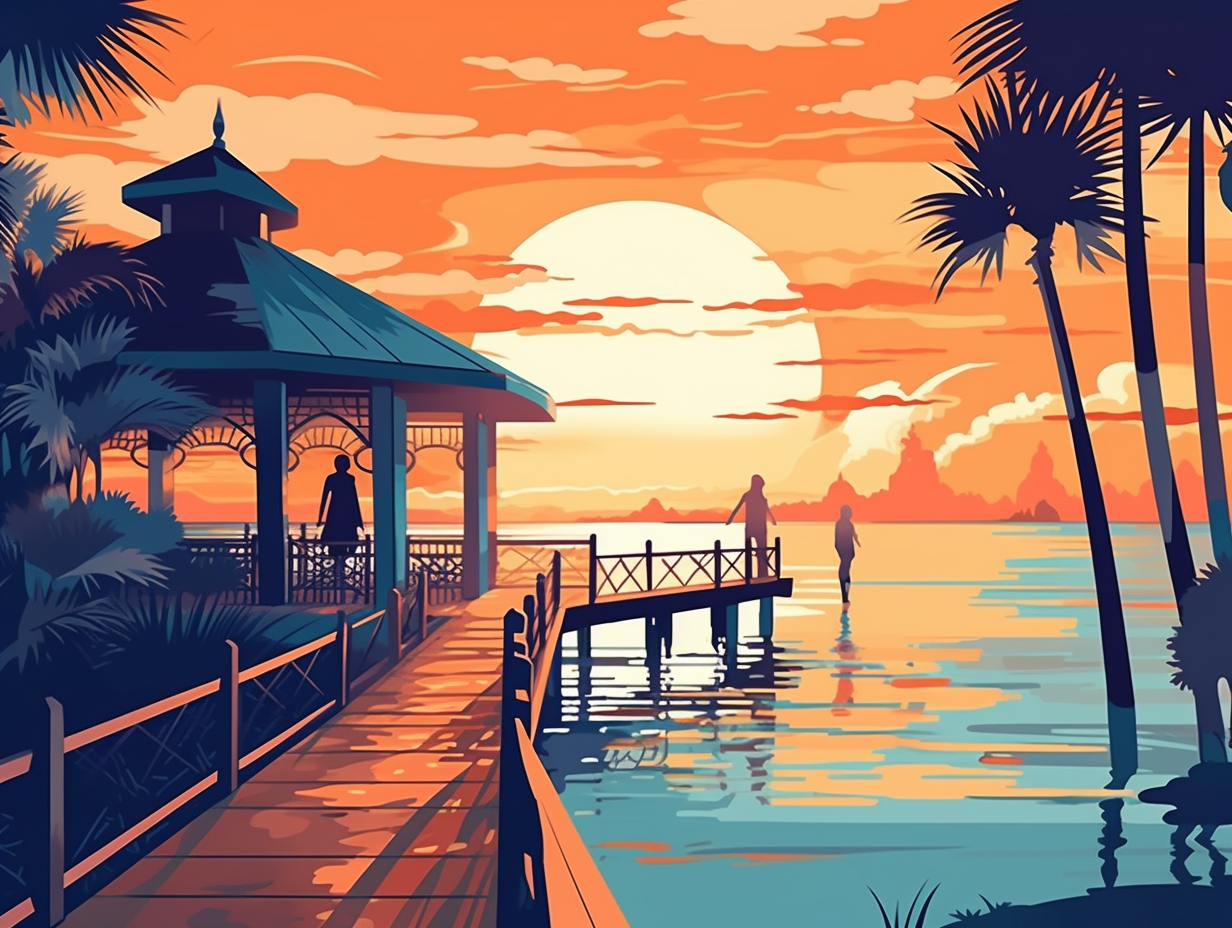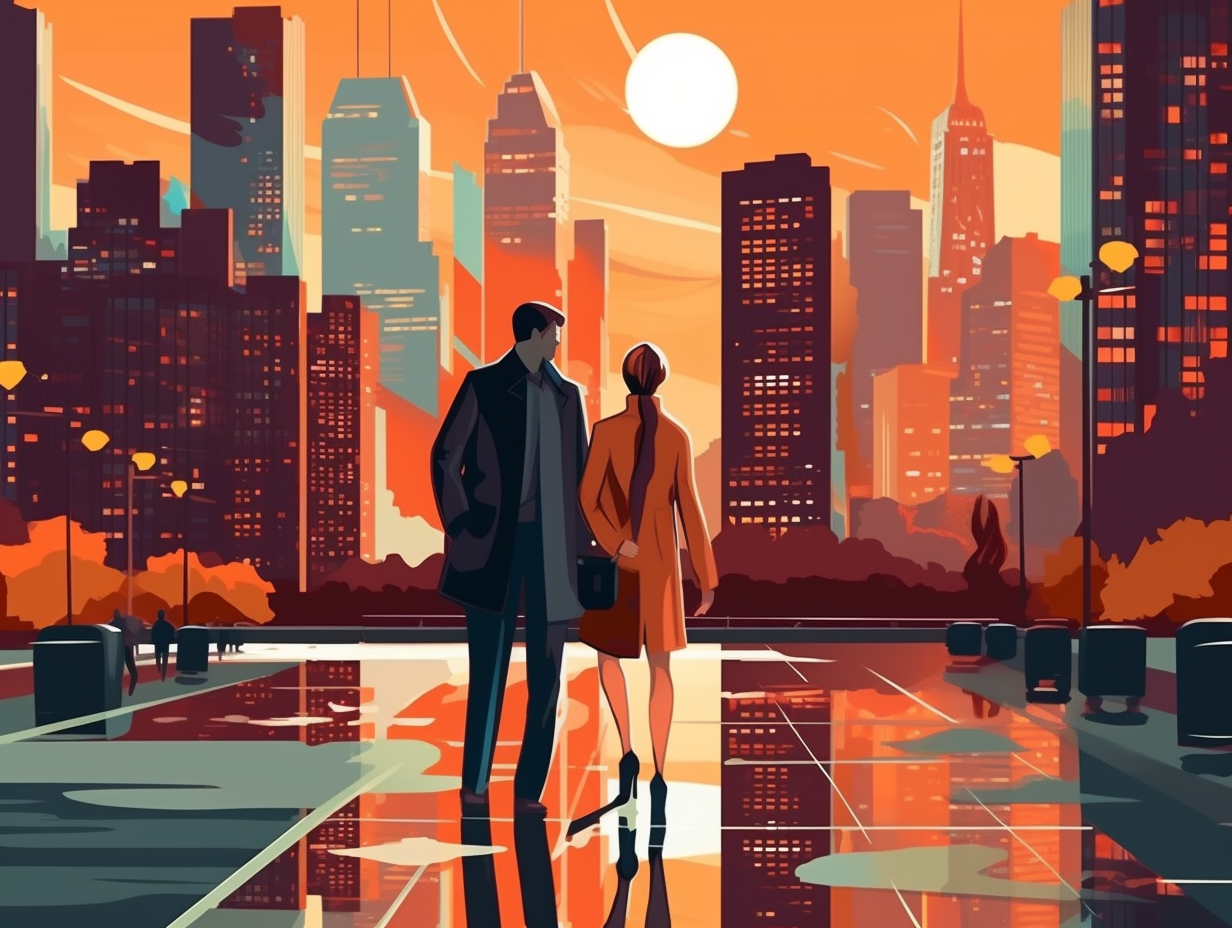Discover Warsaw: 11 Fascinating Fun Facts You Never Knew About Poland's Vibrant Capital
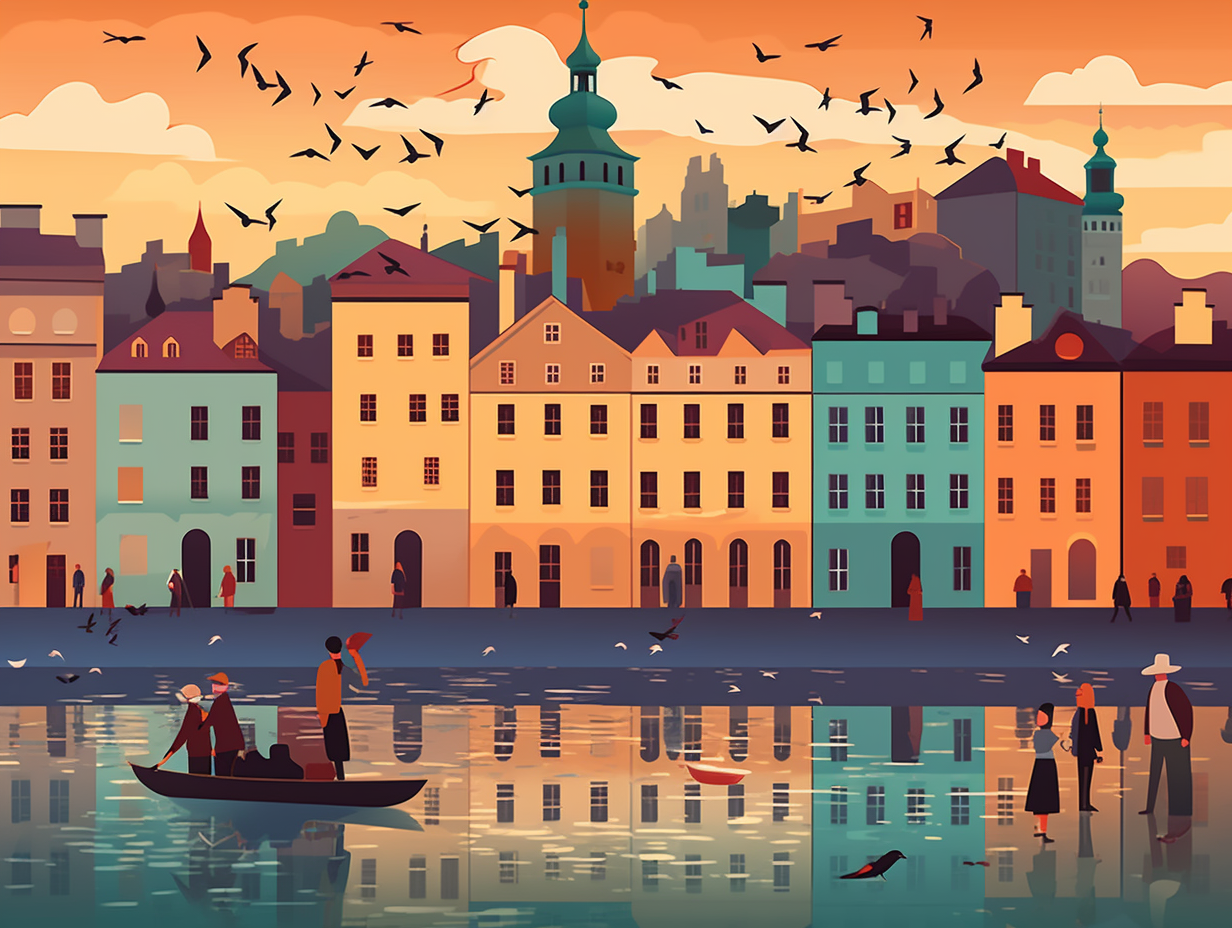
1. Sweden's Bad Houseguest Behavior
It's safe to say that Sweden was Warsaw's least favorite houseguest back in the 17th century: not only did they overstay their welcome, but they left with all the good stuff! During the Great Northern War, the Swedish army occupied and looted Warsaw, taking priceless books, artworks, and more, leaving the city in shambles but preserving its mid-17th century architecture.
Source => en.wikipedia.org
2. Summer Sundays with Chopin
If Chopin tickles your ivories: Warsaw turns into a stage for musical history buffs on summer Sundays with outdoor Chopin piano concerts in the lush Łazienki Królewskie park, where the re-erected Szymanowski-designed Chopin monument under a weeping willow provides the perfect ambience amidst replicas of iconic buildings.
Source => atlasobscura.com
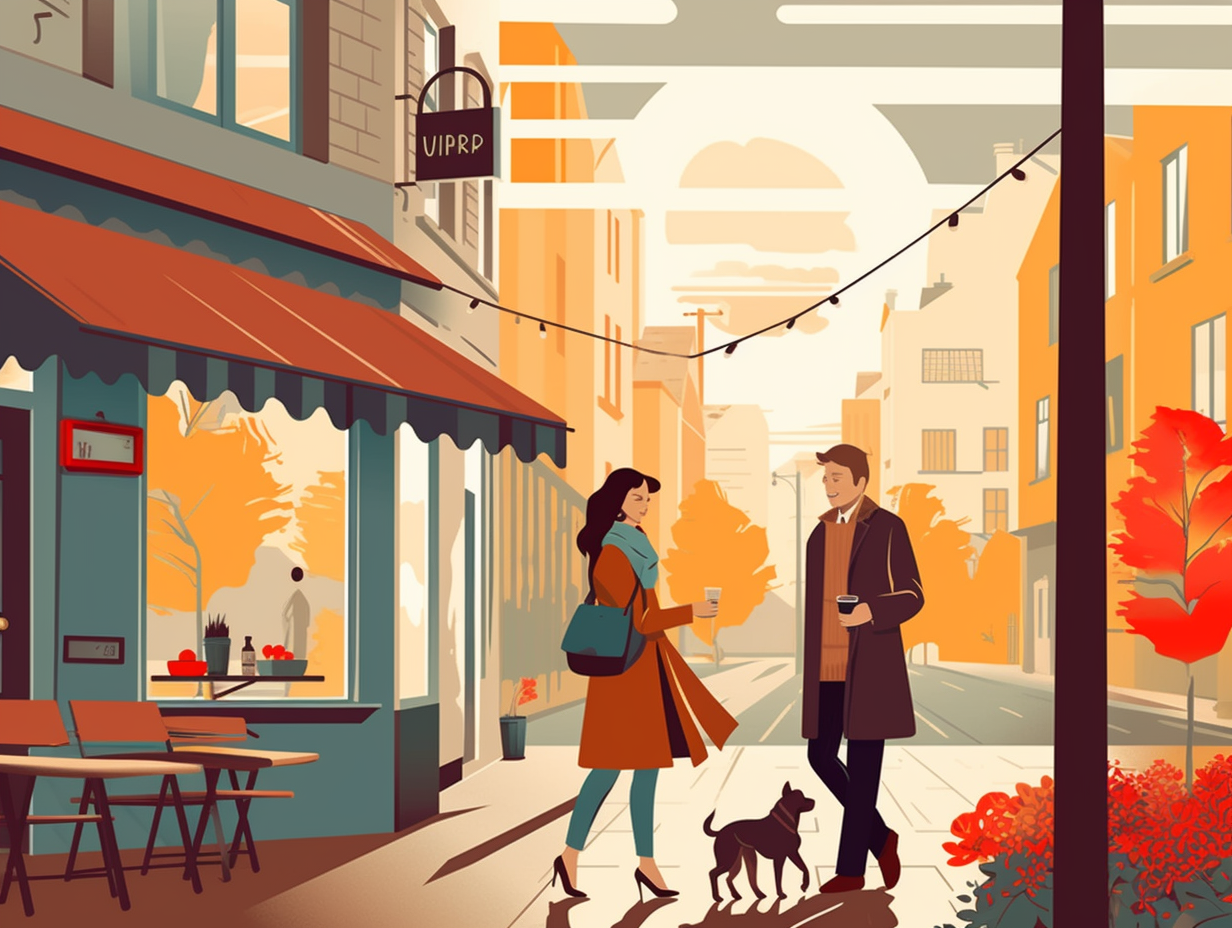
"Slide into the magical world of Suntago Waterpark in Poland, boasting 32 exhilarating water slides and a legendary European title. Discover the fun!
=> Fun Facts about Poland
3. Marie Curie's Humble Beginnings
Who said "Manya" couldn't be "the one who knocks"? Before she broke bad in the world of science and transformed into the radioactive queen, Marie Curie was just an ordinary Polish girl with an unpronounceable last name: Born as Maria Skłodowska in 1867, young Marie endured her family's financial hardships and her mother's passing before venturing to Paris to unleash her genius on the world.
Source => mariecurie.org.uk
4. Royal Castle's Constitution and Art Collection
If walls could talk, Warsaw's Royal Castle would have stories that would leave you shook! From hosting the original constitutional party to flaunting Rembrandt's finest: This majestic abode not only witnessed the drafting of Europe's first codified national constitution on 3 May 1791 but also served as the headquarters for the Polish head honchos during the Second Polish Republic, all while flexing an impressive collection of iconic art from legends like Titian and Veronese.
Source => en.wikipedia.org
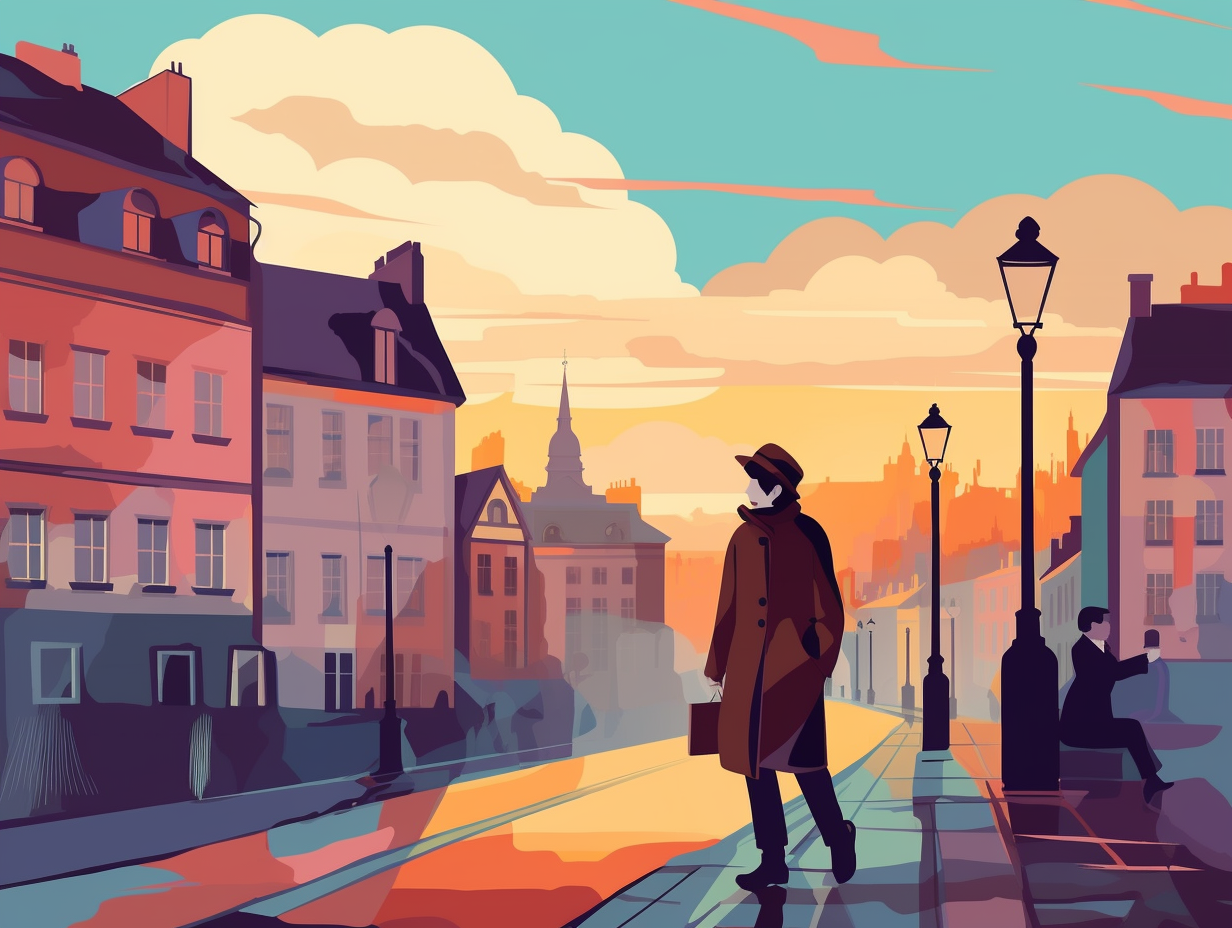
5. The Warrior Mermaid of Warsaw
Did you hear the one about the mermaid who moonlighted as a bouncer for ancient fishermen? She had quite a "net-working" reputation: Legend has it that the Warsaw Mermaid, or Syrenka in Polish, swam up the Vistula River to become the guardian and protector of the city, saving fishermen from harm and releasing their catches. Nowadays, her image, wielding a sword and shield, can be spotted in various forms throughout Warsaw, from statues to street art, and her warrior legacy lives on.
Source => atlasobscura.com
6. Skyscraping Financial Center
As the city that's always "A+ class" and reaching for the skies, Warsaw has a certain flair for financial real estate grandeur: the Warsaw Financial Center, an architectural beauty designed by Kohn Pedersen Fox Associates and A. Epstein & Sons International, offers a staggering 1,900 m² of premium office space on each floor, complete with 2.75-meter high ceilings and limitless layout options, solidifying its reputation as one of the most prestigious and recognizable landmarks in the heart of Poland's thriving capital.
Source => cpipg.com
7. Lost Art Treasures of the Royal Castle
Here's a little-known fact that's sure to "Vasa" your socks off: The Royal Castle in Warsaw was once a one-stop shop for Renaissance art aficionados, boasting a bombastic collection of works by Titian, Veronese, Tintoretto, and Rembrandt, along with sculptures by Giambologna, Giovanni Francesco Susini, and Adriaen de Vries: Yet, in a scene straight out of The Art-thieves' Guide to the Galaxy, the Vasa dynasty's precious collection was mercilessly destroyed and plundered during the 17th-century Deluge invasion, with only a few pieces surviving the carnage. Today, the Royal Castle remains a top tourist destination, pulling in a staggering 1.75 million visitors in 2022 alone.
Source => en.wikipedia.org
8. Warsaw's Phoenix-style Rebirth
You might say that Warsaw, Poland had the ultimate home makeover after World War II: like a phoenix rising from the ashes, its dedicated citizens banded together and meticulously rebuilt the city's Old Town with impressive precision. Relying on archival documents, they not only resurrected historic townhouses, the Old Town Market, city walls, and religious buildings, but they also bridged the New Town and the Royal Route, creating a seamless link of history throughout the city. Now, that's some awe-inspiring DIY!
Source => whc.unesco.org
9. The Resilient Warsaw Barbican
If walls could talk, the Warsaw Barbican would blare tales of its past like the world's most intense history podcast: This semicircular fortified outpost, designed by Jan Baptist the Venetian in 1540, once served as a vital defense during the Swedish invasion of Poland but became practically useless with advancements in artillery power. The Barbican met its match during World War II but was resurrected between 1952-1954, using bricks from demolished historic buildings in other cities. Nowadays, it stands tall as a major tourist attraction and a proud survivor of Warsaw's tumultuous past.
Source => en.wikipedia.org
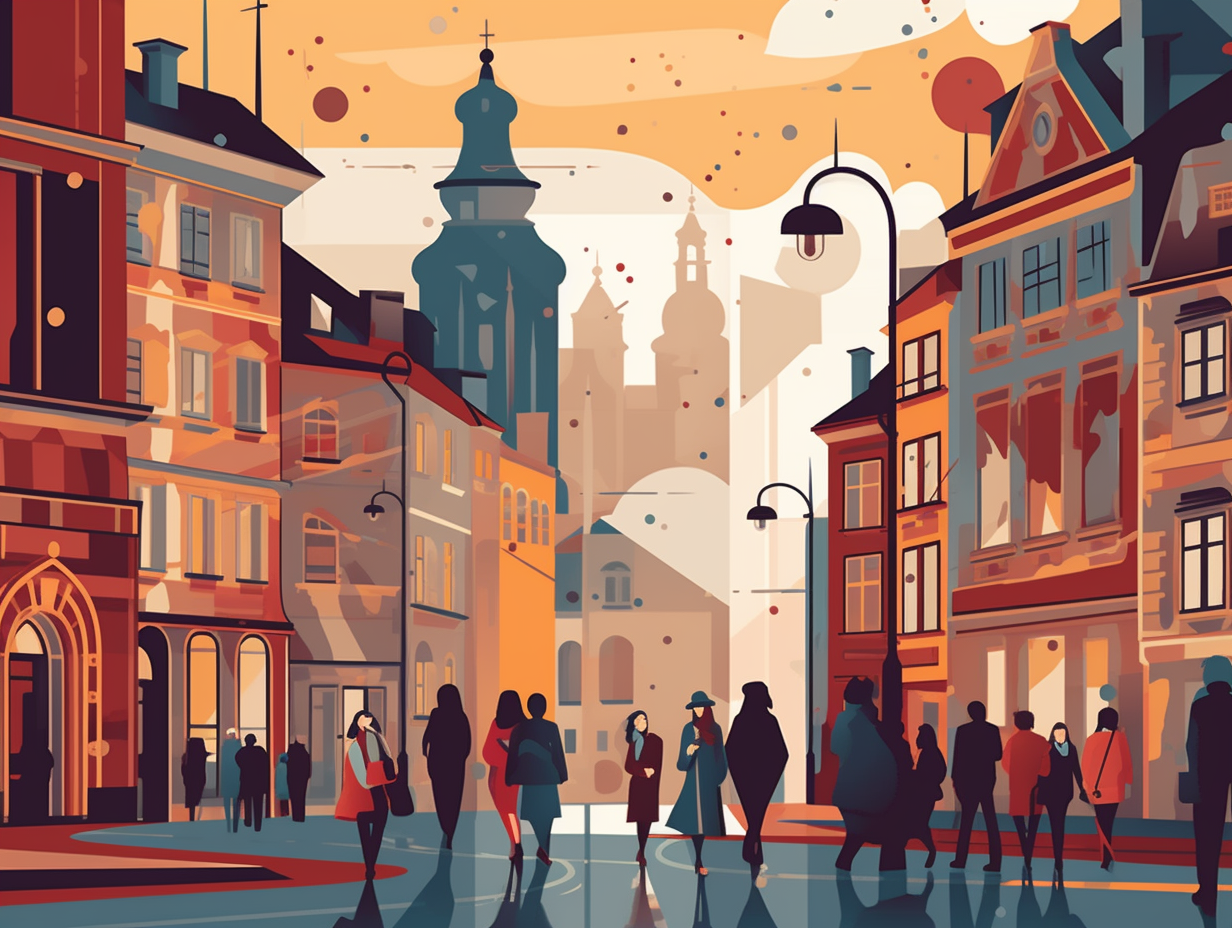
10. French Braids and Majestic Gardens
If the gardens of Wilanow Palace were a hair salon, the Vistula River would be its elaborate French braid: a total hair-down experience! The palace, built in 1696 by King Jan III Sobieski, is where nature's locks get coiffed with precision in Warsaw. The serious reveal: This royal residence and its expertly groomed gardens boast stunning exhibits, captivating visitors with their majestic allure – don't miss a chance to have a royally good time during your visit to Warsaw.
Source => tripadvisor.com
11. Party in the Saxon Garden with Chopin
If you're ever hanging out with Chopin and his gang in the heart of Warsaw, be sure to tell them you've got dibs on Queen Anne's old figurine collection in her favorite backyard: Saxon Garden, the up-and-coming hotspot of the 17th century! What started as a royal sanctuary by King John III Sobieski became a trendy public park in the 19th century and has since been rushing with statues, fountains, and blossoming flora, ready for your next Instagram-worthy post.
Source => tripadvisor.com
Related Fun Facts

